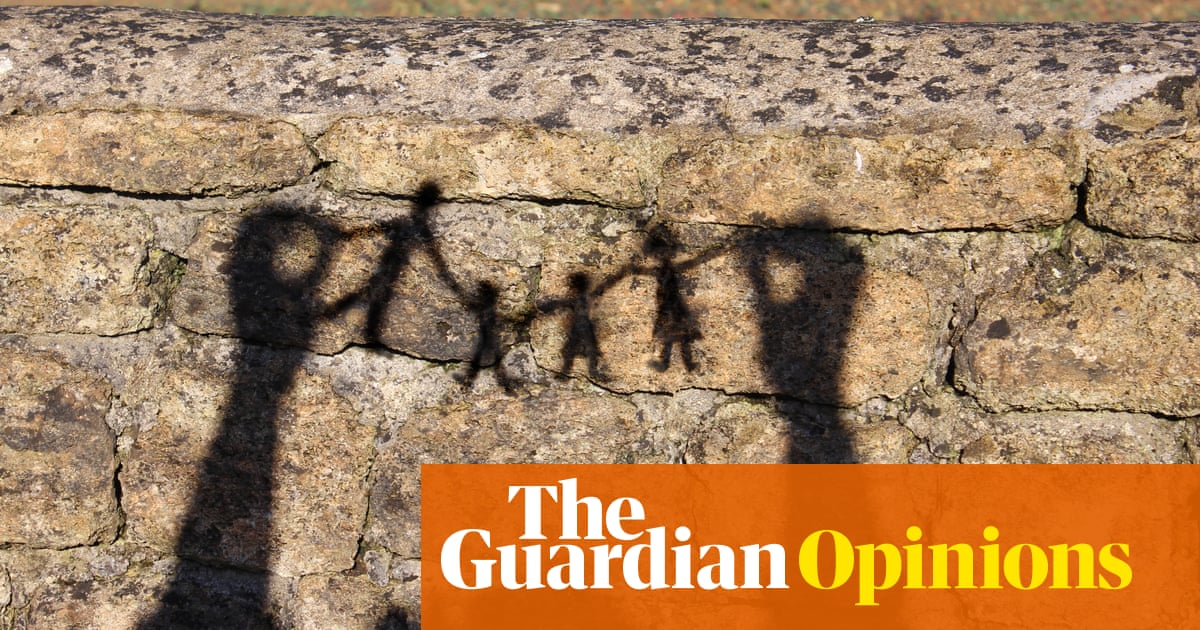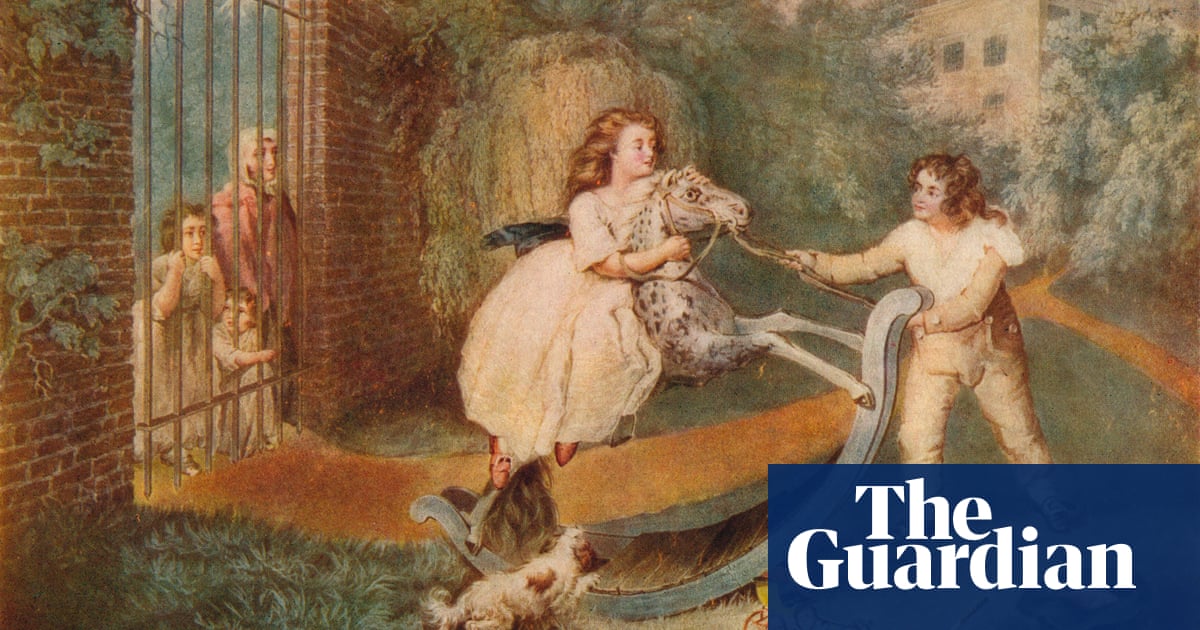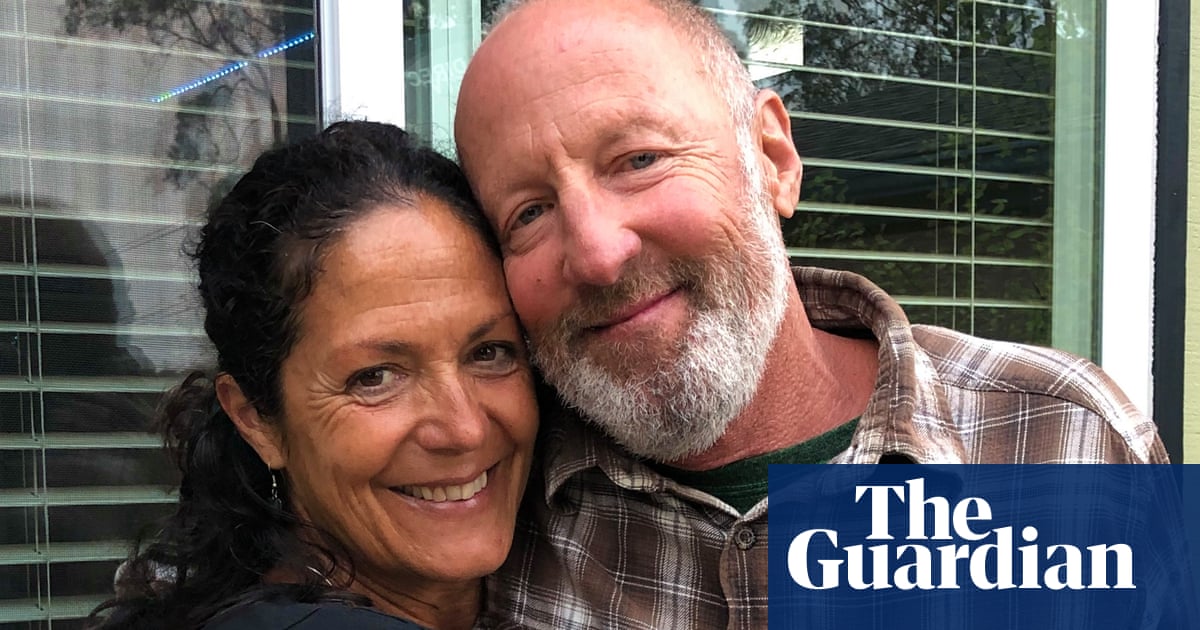
Iwas older when I married – 38. Well, it seemed like “older” then. I had never particularly wanted kids. I didn’t not want them, either. I was just agnostic about it. Which was a good thing because my husband had been married and divorced twice, and already had three adult children. For the record, I had nothing to do with either divorce so the tension between me and his children that was evident even before our wedding had nothing to do with that.
I’ll be honest. I found them intimidating. For a start, there were three of them and one of me. So I did what I usually do when I feel overwhelmed: I tried too hard. Looking back on it now, I’m sure it was annoying – my assumption, insistence even, that we should be friends and, more than that, family. Perhaps I should have got the message that all was not rosy when one of my husband’s children, dressed in black from head to toe, arrived at our wedding so late that the ceremony had already started, while another didn’t come at all. Or my first Christmas with my husband, when “the family party” included all three of my husband’s children, their children, and both of my husband’s previous wives. But not us.
Thus began a pattern of gifts unacknowledged and holidays turned down, sprinkled over the years with the occasional wedding or “family reunion” that my husband was invited to attend but I definitely wasn’t. And still I arranged dinners. I sent birthday and Christmas presents. I even insisted that my husband speak civilly with his previous wives – something he was not always inclined to do – if only because they had, after all, once been married and still had children together. So I set about tending and fanning what I was sure were the flames of familial goodwill, only to feel crushed and, yes, angry when cold water was thrown on them.
I come from a family whose motto might as well be: persevere! Raised on the conviction that any problem can be solved, any obstacle overcome if only one tries hard enough, I simply couldn’t, or wouldn’t, understand what I was doing wrong. It took me a quarter of a century to set my ego aside for long enough to realise that I could never solve the “problem” of my relationship with my stepchildren precisely because it wasn’t my problem. Or, possibly, even a problem at all.
The fact is, my husband lived a full life before I came along – one that included not only three children and two previous marriages, but also two divorces and their aftermaths. All of which had also been experienced, for better or worse, by the children of those marriages. None of which I was, or ever could be, part of.
It is extremely difficult to take on board the reality that the people we love deeply have pasts in which we play no role. Over time, I said less and less about my husband’s children. But when I did complain about a gift ignored or a celebration dinner we had been excluded from, my husband’s standard reply was: “It doesn’t matter.” At first, my response was always: “Of course it matters! They’re your children!” Which was true. It took me years to understand that what he was really trying to say was: “It doesn’t matter what you do.” Which is a different thing altogether.
What he was trying to tell me, and what I didn’t want to hear, was that I was no part of this. There was no present I could give, no holiday I could arrange, that would change his children’s feelings towards me. Distant at best, my husband’s relationship with his adult children was what it was, and had been long before I appeared. The hard truth was that what happened, or more often didn’t happen, between them was not only none of my business; it was also not my wound to heal.
There is an extreme ego, a sort of bullying pseudo-goodness, or perhaps just plain hubris in insisting that people who do not want to accept you accept you anyway because you think they should. When I married, I somehow got it into my head that part of being a “good wife” involved morphing into a crazed combination of Mother Teresa and Florence Nightingale. I would mend rifts! Stitch up old wounds! Create a halo of such familial delight that it would be impossible to want to stand outside it!
Instead what I ended up doing was trying to make my stepchildren into something they didn’t want to, and probably couldn’t, be. My vision of my family was not theirs, in every sense.
When I finally got the message, I did everyone a favour. I stopped.
I no longer try to lure them into our life. I have given up birthdays and holidays, and with them an image of what I once thought a family should be. My stepchildren no longer contact me and I no longer contact them. There is, if not relief, a profound honesty in that – and also the vague sense of failure that so often comes with freedom.
Lucretia Grindle Lutyens is a historian and writer. Her most recent book is The Devil’s Glove












